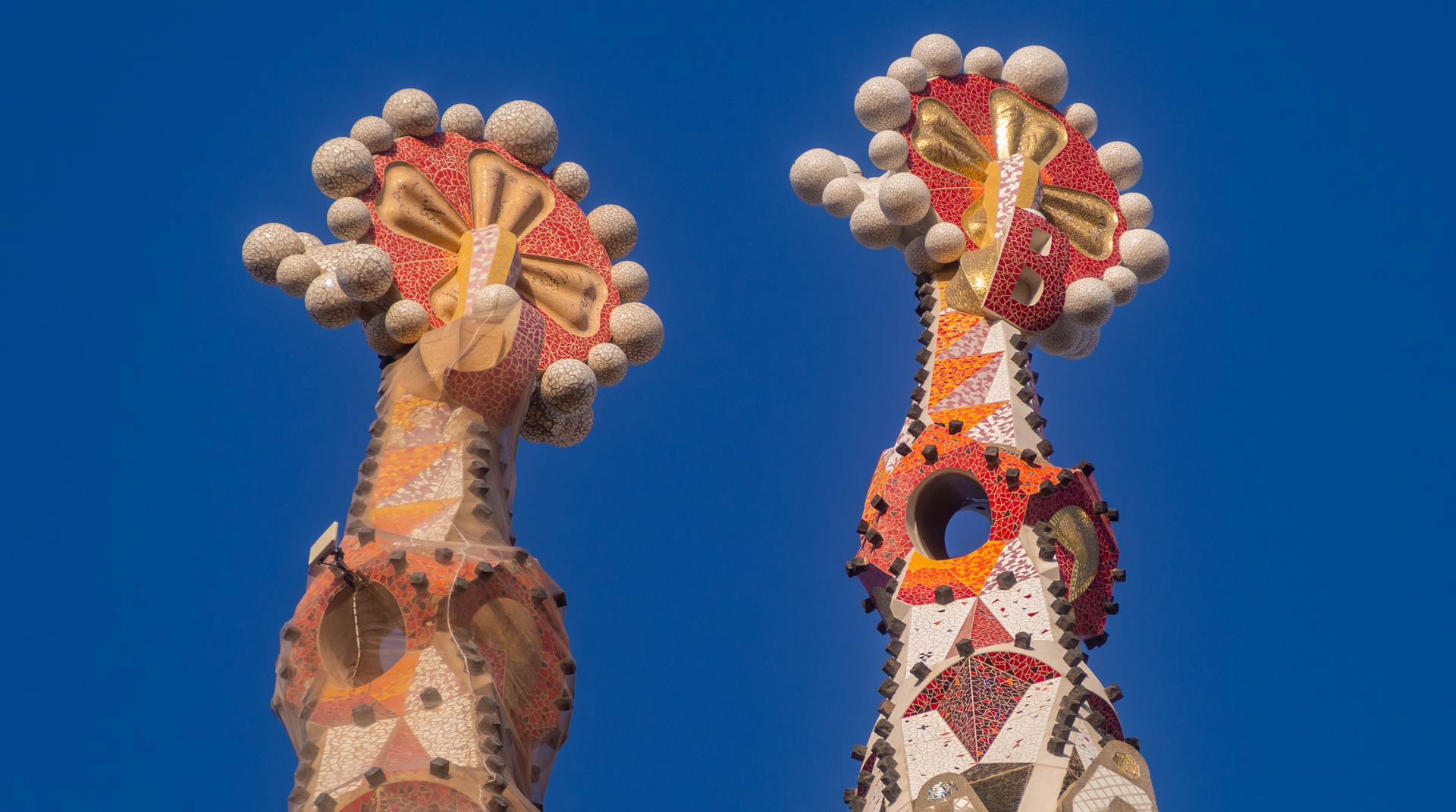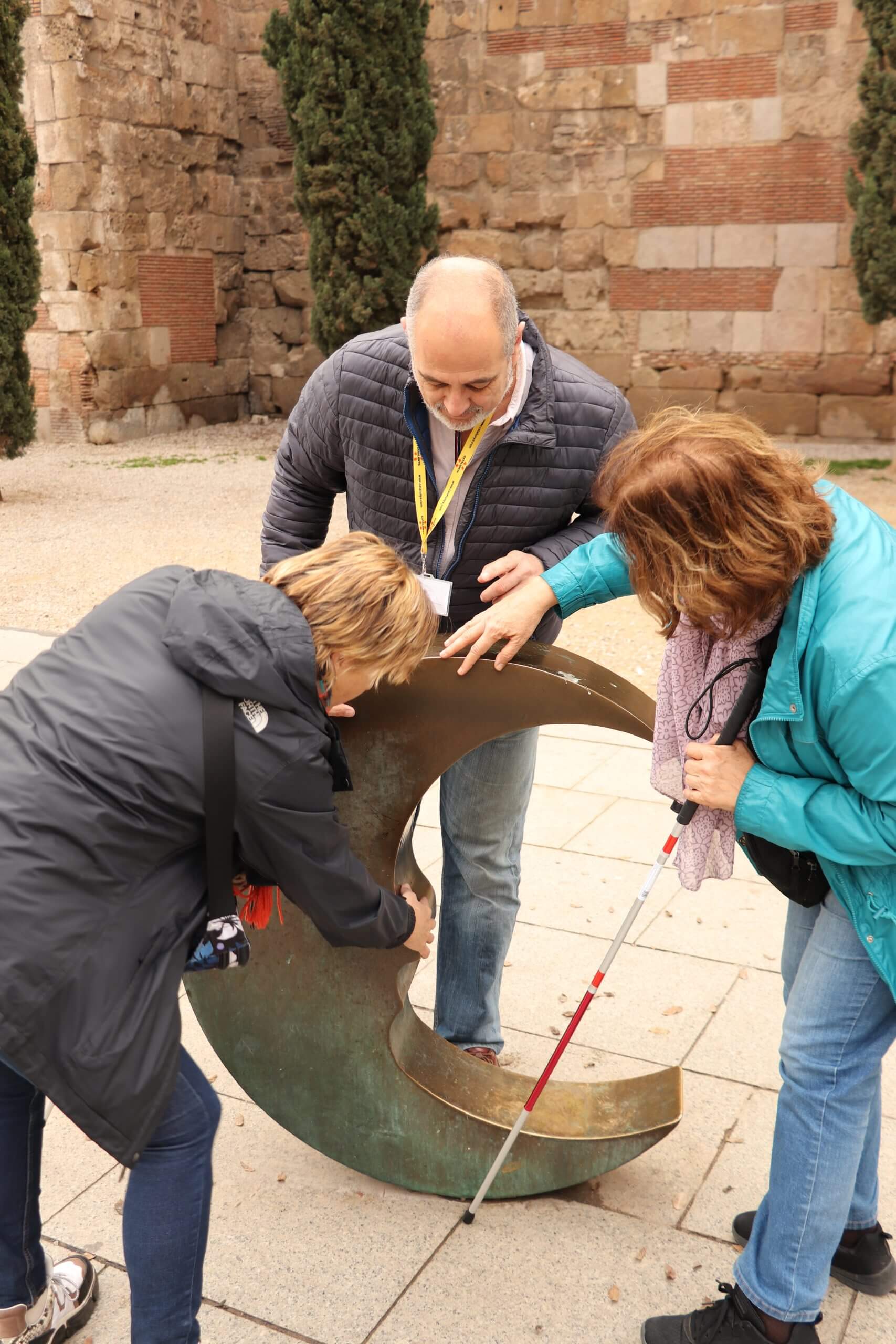Tour details
Meeting Point
Choose the time and we will meet you at your hotel or near the Gothic Quarter.
The prices Includes
Licensed guide and entrance to the Old synagogue.
Guide
Friendly and knowledgeable guide expert in Barcelona’s Jewish heritage.
Itinerary
Plaça Sant Felip Neri > Centre d’Interpretació del Call > Carrer de Sant Honorat i de Sant Sever > Carrer de Salomó ben Adret > Els quatre cantons del Call > Call Menor > Ancient Greater Synagogue.
What can Barcelona Experts offer you?
Tour Highlights
- Labyrinth narrow streets in el Call, Jewish Quarter.
- The Call Interpretation Centre.
- The Ancient Greater Synagogue.
What’s included
- Friendly guide, expert in Catalan and Barcelona’s Jewish heritage.
- Entrance to the Synagogue and the Call Interpretation Centre.
What’s not included
- This is a walking tour. Transport is not included.
What to expect
Is one of the most beautiful spots in the city. Presiding over the square is the baroque church of Sant Felip Neri, and surrounding it are the buildings that formerly belonged to the Guilds of Shoemakers and of Boilermakers.
The street’s name recalls the Jewish Baths present there from the 12th Century until 1834.
It traces the Call’s urban tissue throughout history, starting from its foundation during roman times until the urban interventions in the 19th and 20th Centuries.
The quarter’s Eastern boundary. At the end of the street was one of the entrance gates to the confined quarter.
The quarter’s Northern boundary. Both streets were known as the Volta del Call (the Call’s turn), as they were the limit with the Christian territory.
The Call’s main street, where the Major Synagogue was situated and the most important members in the community used to live.
Follows the inside contour of the roman walls.
The crossing between the Banys Nous, Boqueria, Avinyó and Call. The four streets were developed in mid 13th Century, once the King had authorised the opening of gates and windows of the old roman walls.
The Minor Call was an urban development planned in the 13th Century, with 5 blocks of houses, a synagogue and a central square.
The Synagogue remains to be the cultural and study centre of the Jewish community. It is more than a place to worship, it is also a place to study, discuss sacred texts, a school to learn Hebrew and the norms of Judaism. It already existed a Jewish community at the end of the 2nd Century.



